Denominational and spiritual diversity
 Bayit’s core group of founding Builders is denominationally and spiritually diverse — and that was a conscious choice on our part. Spiritual diversity matters to us. Jewish life is made out of many different priorities and practices and ways of “doing Jewish.” From the beginning, we knew we wanted Bayit to reflect that diversity too.
Bayit’s core group of founding Builders is denominationally and spiritually diverse — and that was a conscious choice on our part. Spiritual diversity matters to us. Jewish life is made out of many different priorities and practices and ways of “doing Jewish.” From the beginning, we knew we wanted Bayit to reflect that diversity too.
The organization’s founders have roots in, and a track record serving in, every major branch of Judaism from Reform to Orthodoxy. Some of us are proud denominational Jews. Some of us self-identify as post-denominational or trans-denominational Jews. Some of us are both / and Jews, identifying as denominational Jews and as part of the transdenominational Jewish renewal movement. We grew up secular, religious, Reform, Conservative, Reconstructionist, and Orthodox. Those of us who are rabbis attended both denominational seminaries and transdenominational seminaries. Those of us who are laypeople come from backgrounds that span the denominational spectrum too.
Beyond our denominational diversity, we’re also spiritually diverse. Some of us are mystics who write love poetry to the divine, and some of us are rationalists who find most mysticism uncomfortable. Some of us experience God through music, some through liturgy, some through philosophy, some through poetry, and some aren’t sure we experience God at all.
Some of us have spent years immersed in non-Jewish spiritual practice, including Zen and transcendental meditation. Some of us have spent years immersed in Yeshivish (a.k.a. “ultra-Orthodox”) learning. Some of us use feminine God(dess)-language, some of us use masculine-God language, some of us use gender-neutral language for the divine, and some of us do all of the above depending on situation, audience, mood, or the phase of the moon. (Just kidding about the moon. Mostly.)
Some of us daven (pray), given the choice, entirely in Hebrew. Some of us daven, given the choice, entirely in English. Some of us would prefer diving into a daf (page) of Gemara to davening at all. Some of us hold a second ordination as mashpi’im (spiritual directors) and are trained to companion others on the journey of ongoing spiritual formation. Some of us write poetry, some of us write music, some of us write blog posts, some of us write quarterly reports and nonprofit documents. Most of us fit into at least two of the categories listed above.
These various diversities aren’t accidental. As our dreams of this organization began to coalesce, we agreed that spiritual diversity was not only a strength but a necessity.
We’re also aware that while our spiritual diversity spans a wide spectrum, we’re not yet a sufficiently diverse group on other axes (especially race, sexual orientation, and gender identity). The next post in this series will explore other diversities, including the ones where we’re still laying the foundations for future growth.
It’s fun to work with colleagues who aren’t all coming from the same place, spiritually speaking. Because we come from different denominational backgrounds, and favor different modes of spiritual practice, we’re able to recognize and meet the needs of a broad cross-section of the community. Because of our differences, we know in our bones that there’s not one “right way” to do Jewish or to do spiritual life. Because we learn so much from each other, we know in our bones that we will be enriched as we learn from all of those whom we serve.

Rabbi Rachel Barenblat

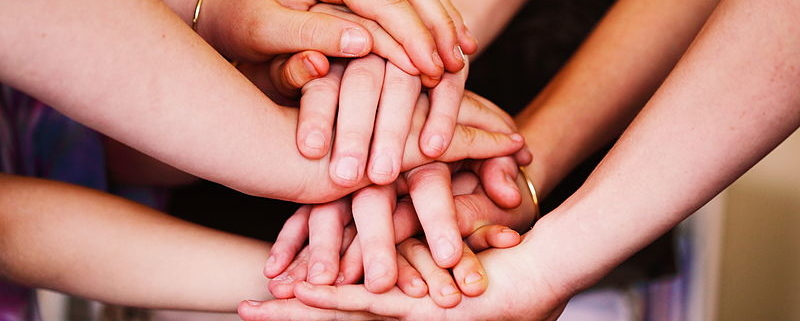
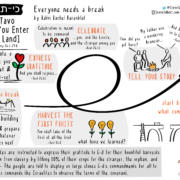

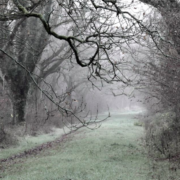
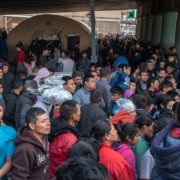
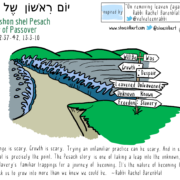


Trackbacks & Pingbacks
[…] יִשְׂרָאֵֽל / How good are your tents, O Jacob; your dwelling-places, O Israel! (Numbers 24:5) (He says a few other things too, but that’s the familiar verse arising out of this week’s […]
[…] builders are diverse in certain ways (different denominational and spiritual backgrounds, for instance) but we have a lot in common. We see the world in shared ways. That’s a good and […]
Comments are closed.